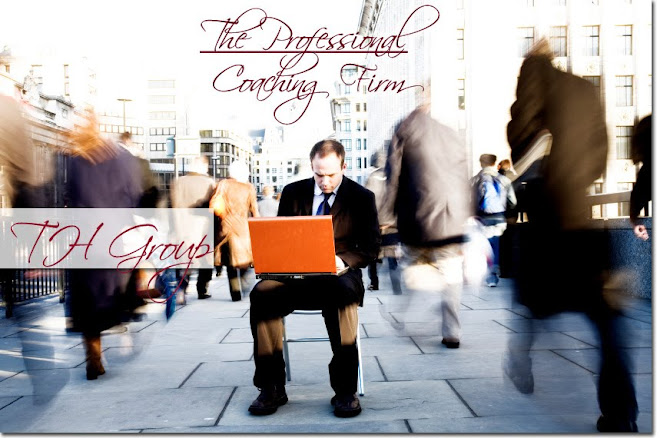The conventional wisdom:
Preventing Customer Failure:
“Build it and they will come. In other words, the right product will sell itself.”
The reality:
“Even the best product in the world will fail if customers don’t understand and appreciate the value it can provide.”
If you’re a baseball fan, “Field of Dreams” is probably one of your favorite movies. Starring Kevin Costner, it’s a moving story about the beauty of redemption - how some people, most notably the disgraced ballplayer, Shoeless Joe Jackson, can be given a second chance in life. But the movie’s iconic line – “If you build it, he will come” (“it” being a baseball field and “he” being Jackson) – has become the mantra of many salespeople who mistakenly believe that all they need to be successful is for their company to build the right products. If only business were that simple! Even the best offerings never sell themselves. In fact, the failure rate for new products is notoriously high, often topping 50 percent.
Nearly every manager understands that people who are unhappy with your product or service aren’t likely to make repeat orders. And, worse, disgruntled customers will spread word of your shortcomings, hurting your reputation in the marketplace. The problem is that many managers don’t empower those on the front-lines to deal with customer complaints. Years ago, Southwestern Bell Yellow Pages did not have adequate processes in place to handle customer problems such as mistakes in listings. That deficiency was hurting the bottom line because businesses that couldn't resolve;their problems in a satisfactory way were twice as likely to cancel their ads the following year. So Southwestern Bell granted its service reps the authority to adjust customer bills by up to $1,000 to help resolve problems. At first, managers were leery of the new policy, fearing that the reps would make indiscriminate reimbursements. But just the opposite happened. Both the number and size of those adjustments decreased. Customers are now less likely to become disgruntled because their problems could be resolved on the spot.
Some forward-thinking companies are going one step further. Not only are they paying the necessary attention to handle customer issues quickly, they are doing what they can to prevent those problems from occurring in the first place. They make the extra effort to ensure their customers extract the expected value from their products. Consider the pharmaceutical industry. Companies like Pfizer and Merck have developed wondrous drugs, but many patients fail to take their prescribed medications when they should. In the United States, for example, almost half of people who are prescribed drugs for lowering their blood pressure don’t follow through in taking those pills. While it’s primarily the customer’s fault for forgetting or failing to take the prescribed medication on time, what if drug companies found ways to make it easier for customers to take their medicine? Take, for instance, how some birth-control pills are now being packaged. The difficulty with taking oral contraceptives is that the protocol can be difficult to remember. It’s easy for someone to confuse when to take the pill. So some manufacturers of oral contraceptives came up with an ingenious solution: they packaged the pills sequentially and added placebos, which greatly simplified the protocol as users only had to remember to take one pill every day.
That proactive approach makes tremendous business success. When your customers fail to correctly use your products, your company has ultimately failed too. Unfortunately, far too many businesses don’t go the extra step in helping customers avoid failure. Their feeling is that, when customers make a mistake, tough for them. Customizing Products and Services The second factor that can differentiate between customers who are merely satisfied versus those who are totally satisfied is providing a product or service that is (from the customers’ perspective) tailored to them. In some industries, that’s the standard operating procedure.
Many equipment manufacturers, for instance, regularly custom design one-off pieces of machinery for specialized applications, and consulting firms routinely tailor their services to the unique needs of their clients. In other markets, the norm is to provide customization while taking advantage of the economies of scale of mass manufacturing. Perhaps the most famous model for that approach is Dell Inc. Consumers can order a computer online to fit their exact needs: the right amount of memory, speed of microprocessor, size and type of monitor, etc. Dell then quickly assembles the machines and ships them to customers. Thanks to this lean, efficient approach to product customization, Dell has built a multibillion-dollar business, forever changing the PC industry.
Many equipment manufacturers, for instance, regularly custom design one-off pieces of machinery for specialized applications, and consulting firms routinely tailor their services to the unique needs of their clients. In other markets, the norm is to provide customization while taking advantage of the economies of scale of mass manufacturing. Perhaps the most famous model for that approach is Dell Inc. Consumers can order a computer online to fit their exact needs: the right amount of memory, speed of microprocessor, size and type of monitor, etc. Dell then quickly assembles the machines and ships them to customers. Thanks to this lean, efficient approach to product customization, Dell has built a multibillion-dollar business, forever changing the PC industry.
Would You Like To Have A FREE BUSINESS COACHING SESSION?
Having your FREE evaluation with a business coach is a value of $500.
Just Fill Out The Form Below:










0 comments:
Post a Comment